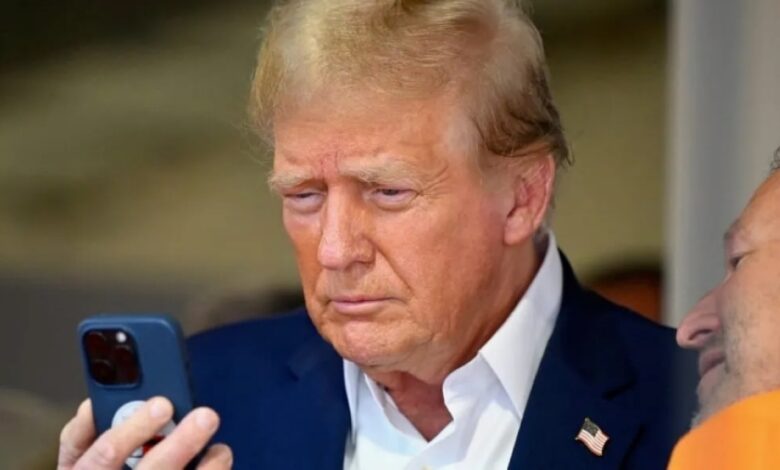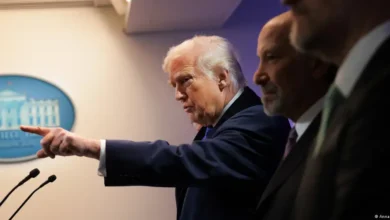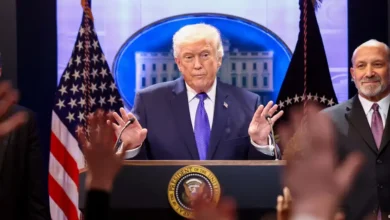Legal and technical barriers hamper Trump’s push for U.S.-made iPhones
The idea that Apple will manufacture iPhones entirely in the United States is a fantasy – Dan Ives

U.S. President Donald Trump’s demand that Apple manufacture its iPhones in the United States is facing steep legal, logistical, and economic obstacles, according to industry experts. One surprising detail drawing attention: the challenge of automating the installation of tiny screws during assembly.
On Friday, Trump threatened to impose a 25% tariff on Apple if the company continues to sell iPhones made outside the U.S., a move he says is aimed at boosting domestic jobs.
Speaking to reporters, Trump confirmed that the tariffs would also extend to Samsung and other smartphone brands. The proposed tariffs are expected to take effect by the end of June.
“It would be unfair not to apply tariffs to all imported smartphones,” Trump stated.
He also revealed a previous understanding with Apple CEO Tim Cook: “He said he would go to India to build factories. I told him that’s fine — but you won’t sell in the U.S. duty-free.”
U.S. Commerce Secretary Howard Lutnick said in an earlier interview with CBS that millions of jobs related to assembling iPhones—particularly those involving the insertion of tiny screws — could be brought to the U.S. and automated, benefiting skilled American workers like electricians and mechanics.
However, Lutnick later acknowledged to CNBC that Apple’s CEO told him the technology needed to fully automate such tasks at scale does not currently exist.
“Cook said, ‘I need robotic arms and precision at an industrial level. Once I see that technology available, we’ll bring production here,’” Lutnick reported.
Legal and trade experts note that the Trump administration would likely rely on existing trade mechanisms to enact these tariffs, similar to how duties were applied to a broad range of imported goods in the past.
Still, analysts say the plan is far from feasible. Wedbush analyst Dan Ives estimated that relocating Apple’s iPhone production to the U.S. could take up to a decade and could raise the retail price of a single iPhone to $3,500 — nearly triple the current cost of around $1,200.
“The idea that Apple will manufacture iPhones entirely in the United States is a fantasy,” Ives said.
Columbia University economics professor Brett House added that imposing such tariffs would ultimately burden American consumers by complicating Apple’s global supply chain and increasing product prices.
“There’s nothing positive here for U.S. consumers,” House said.













